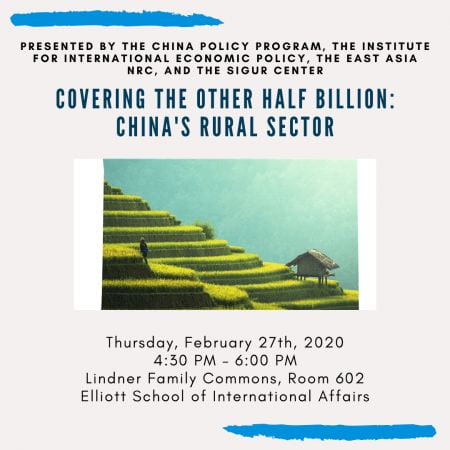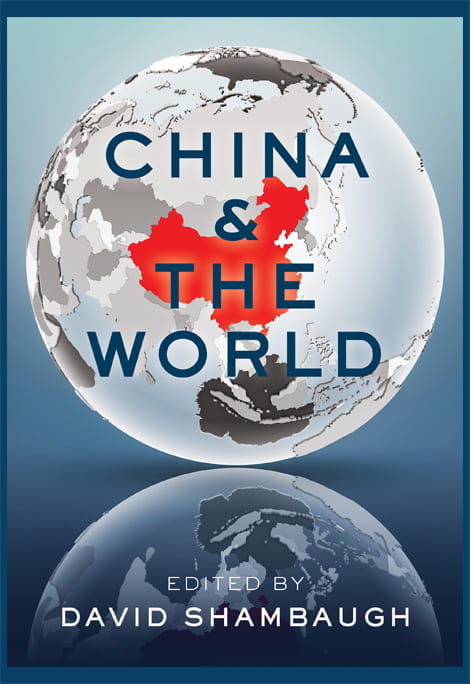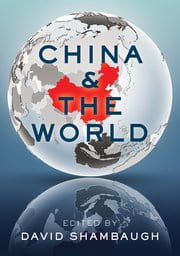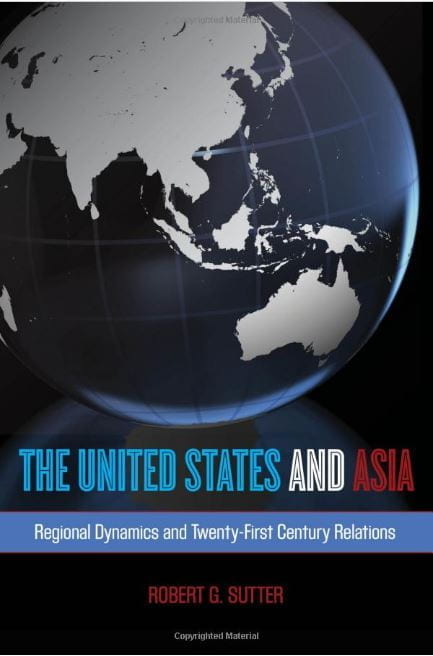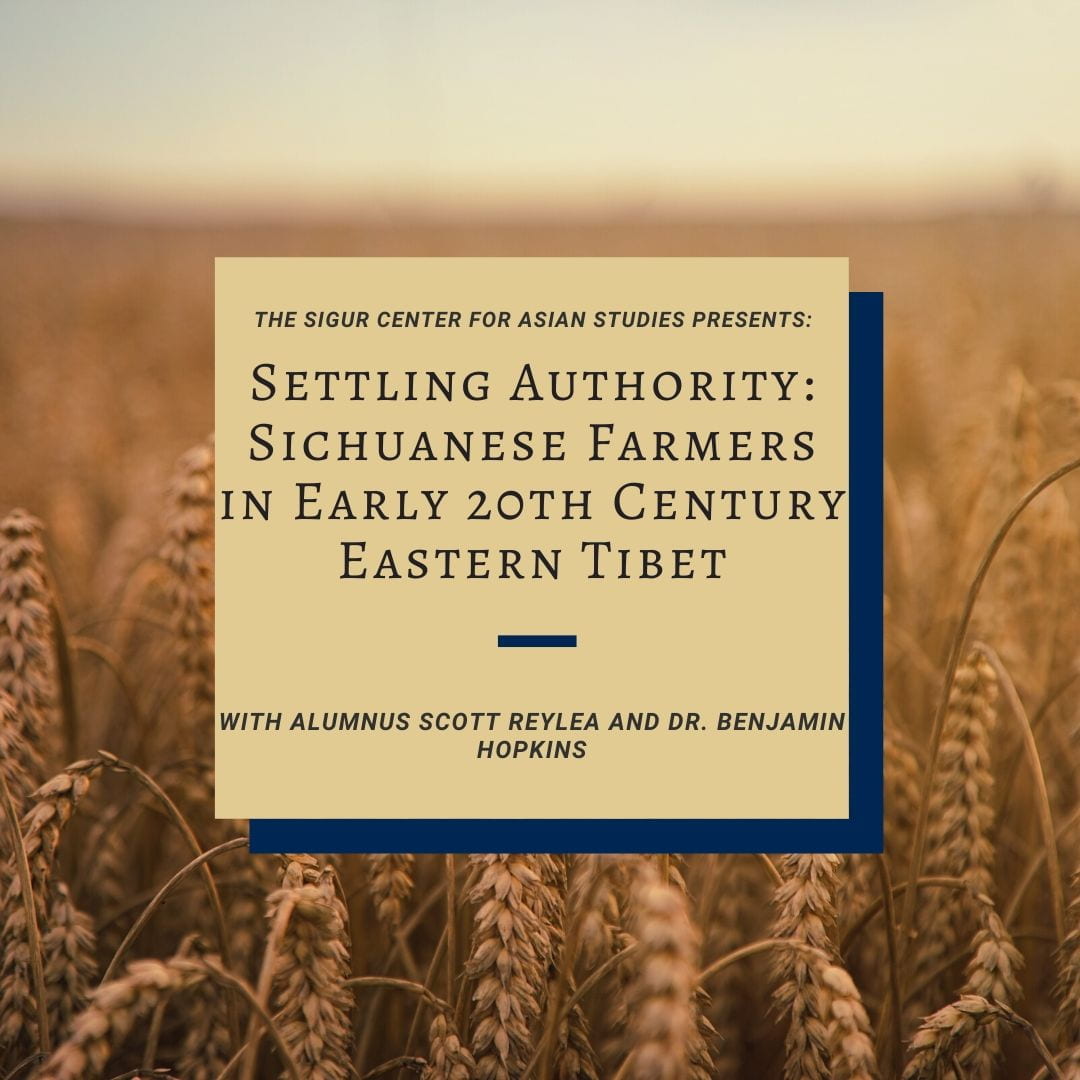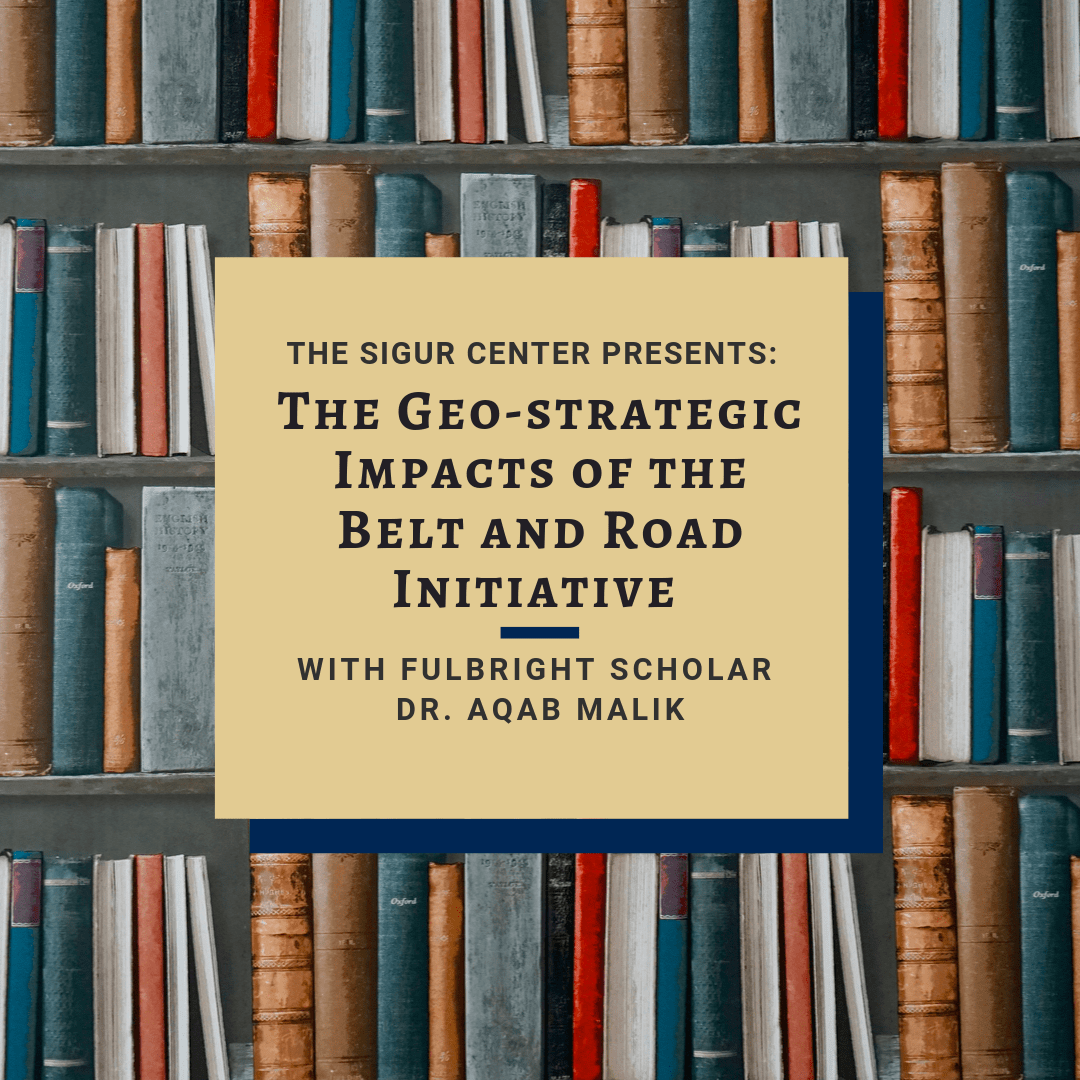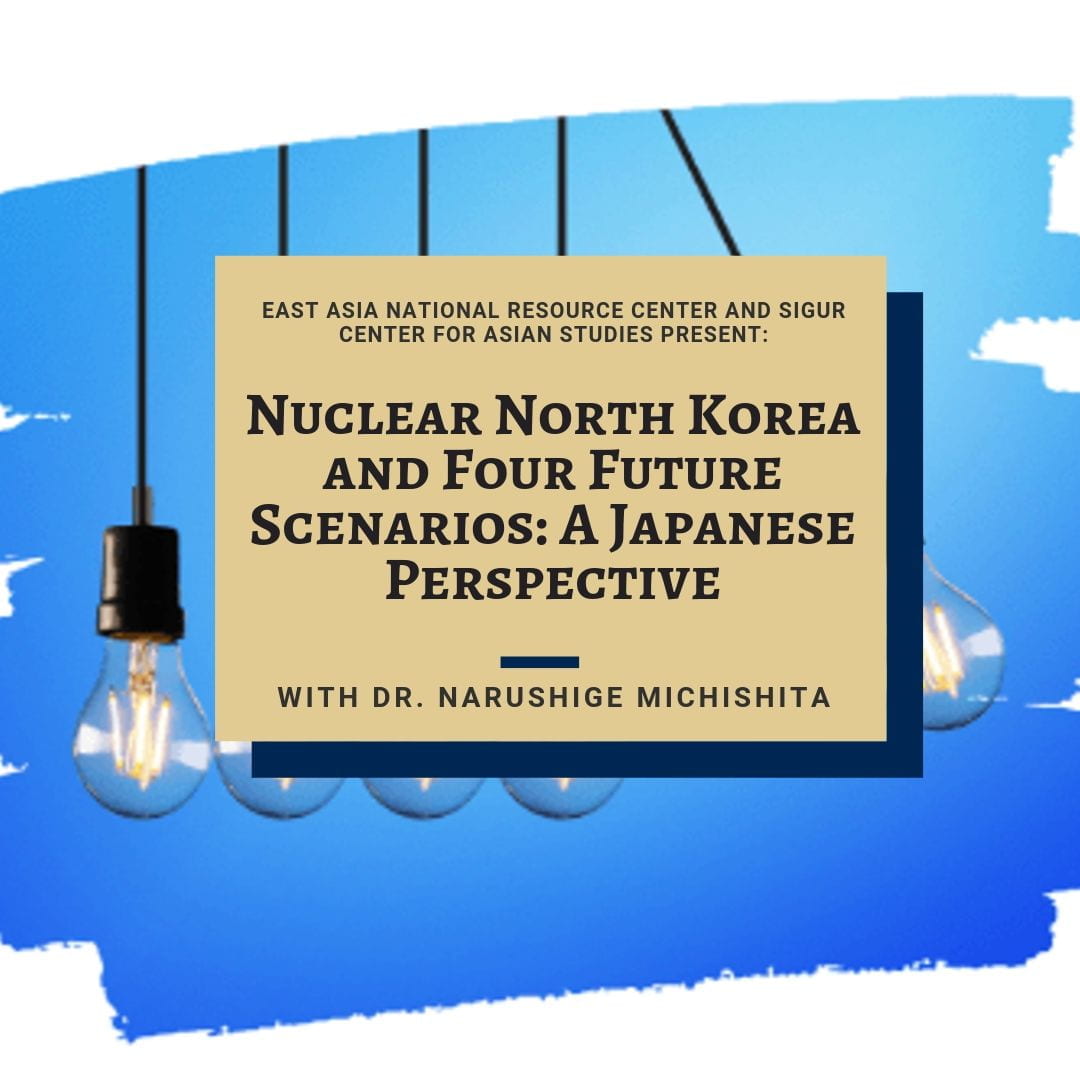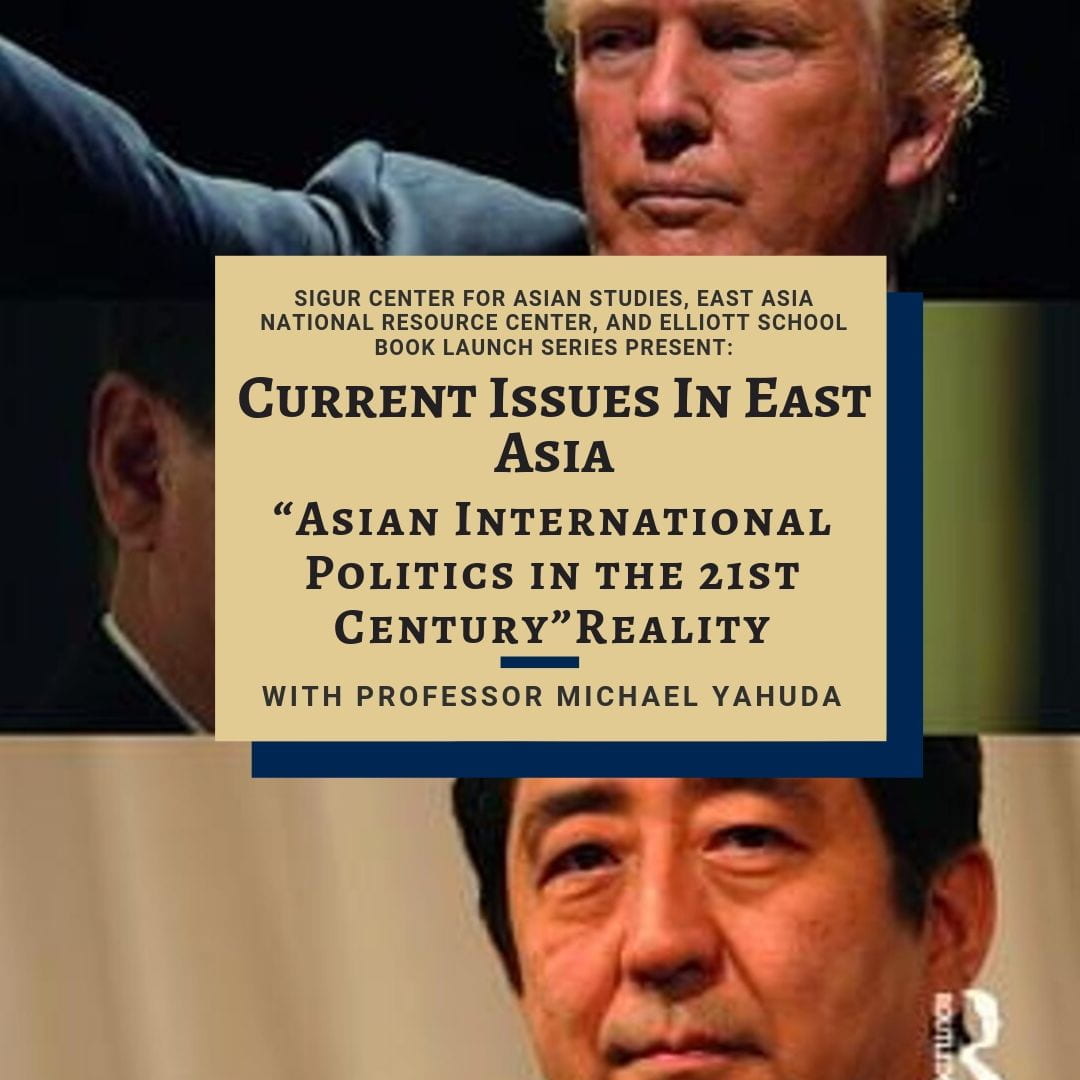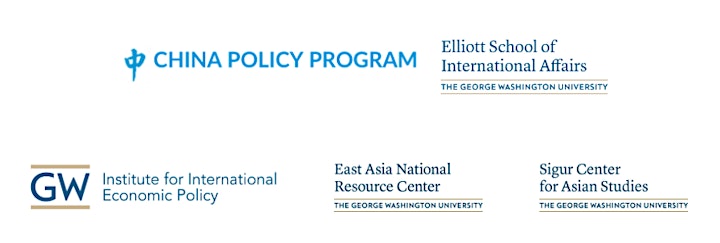
Thursday, February 27, 2020
4:30 PM – 6:00 PM
Lindner Family Commons, Suite 602
Elliott School of International Affairs
1957 E Street NW, Washington, DC 20052
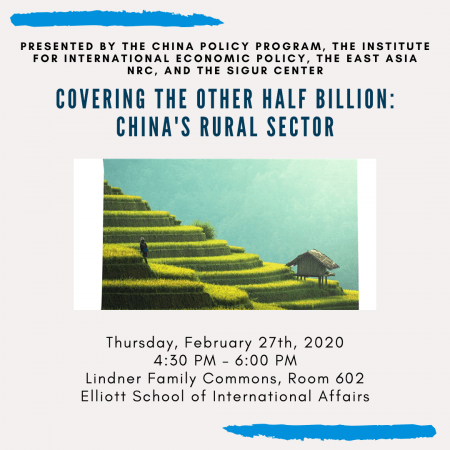
Description:
For much of post-1949 history, the rural sector has been the poor relation of China’s society and economy. Today, however, the rural sector lies at the heart of Xi Jinping’s economic agenda for China’s comprehensive development. The party’s and government’s ability to fulfill major economic goals—those relating to employment, food security and rebalancing of the economic system—depend critically on the success of its rural policies. So too does its ability to realize important social and other goals—including poverty reduction, the creation of a more inclusive society, and environmental sustainability. An economically and socially revitalised Chinese countryside will also impact the political stability, which China’s leaders see as the bedrock of their continuing rule. This lecture will explore all of these dimensions.
Moderator:
Professor David Shambaugh, Gaston Sigur Professor of Asian Studies, Political Science, and International Affairs; Director, China Policy Program, George Washington University
Speaker:
Professor Robert Ash, Professor of Economics with reference to China and Taiwan and Professional Fellow in the China Institute, School of Oriental & African Studies, University of London
From 1986 to 1995, he was Head of the Contemporary China Institute at SOAS, and from 1997-2001, was Director of the EU-China Academic Network (ECAN). From 1999 to 2013, he was also Director of the SOAS Taiwan Studies Programme. He has held visiting research and teaching positions at universities in Australia, Hong Kong, France and Italy. He has been researching China for more than 40 years and has published on development issues relating to China, as well as on Taiwan and Hong Kong. His most recent major publication (2017) is a study of China’s agricultural development between 1840 and the present day, Agricultural Development in the World Periphery: A Global Economic History Approach. He has also undertaken a wide range of consultancy work in both private and public sectors—including for the British Government, the European Commission, European Parliament, and the UN International Labour Organisation.

